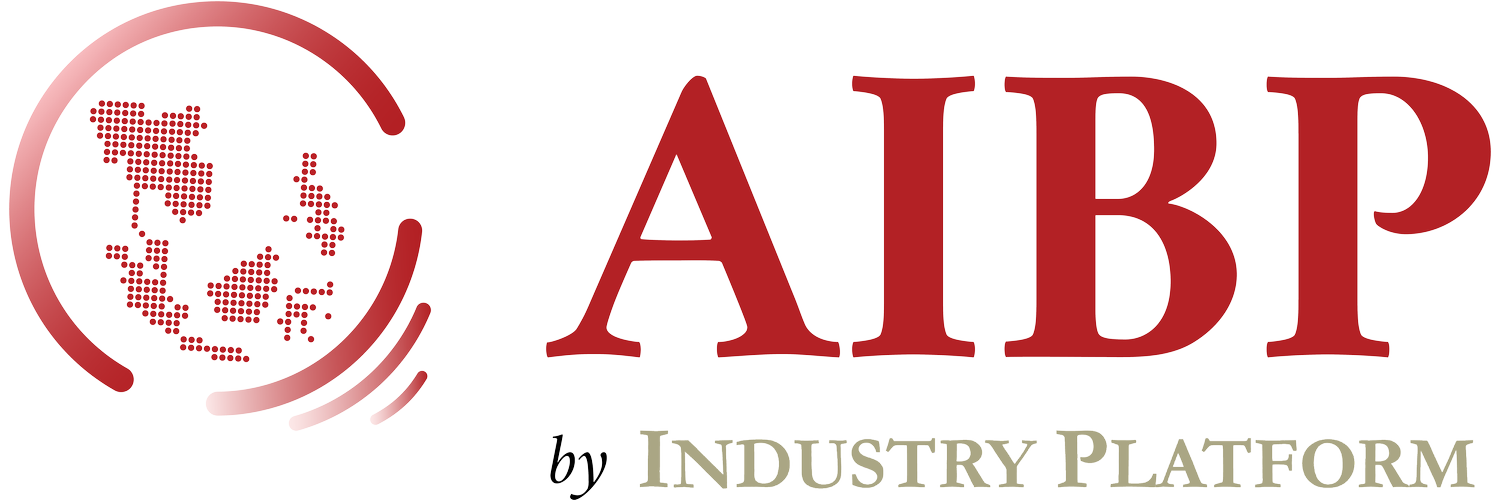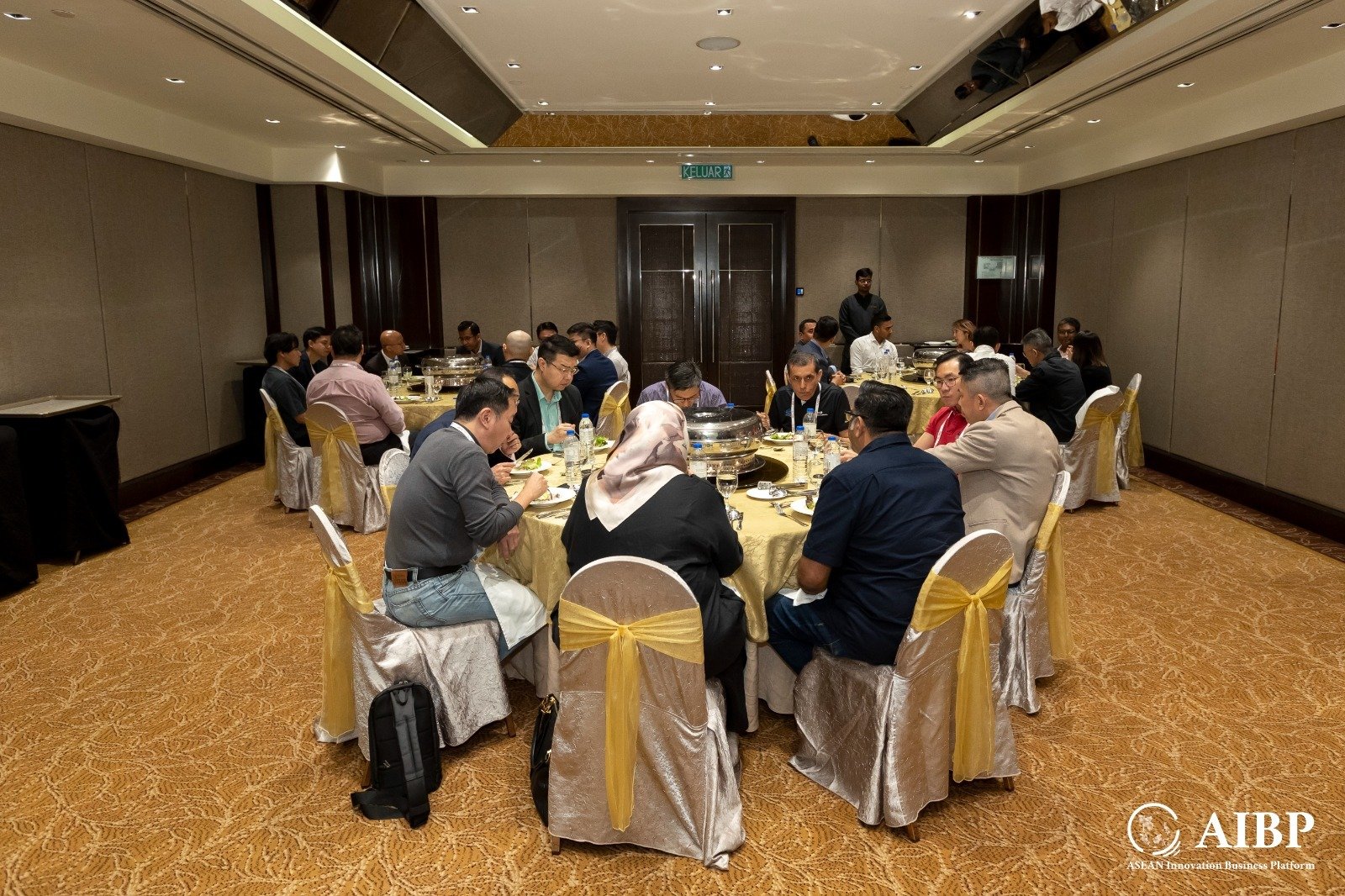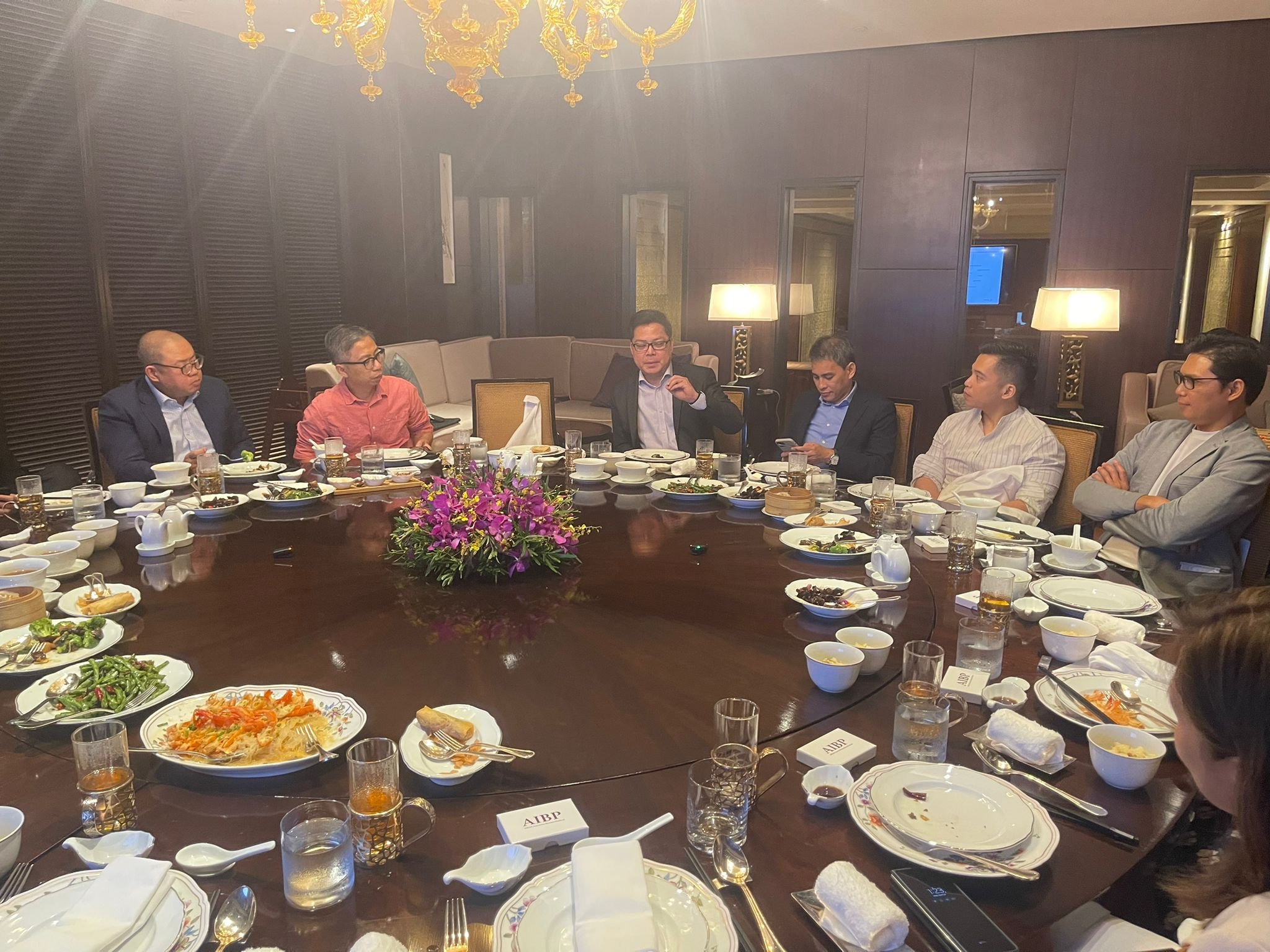
Cutting Costs for Supply Chain Efficiency in Malaysia - How CFOs and COOs can Drive Optimisation with Tech
MDEC X AIBP Innovation Working Group
28 May 2024, 10:00 - 14:30
Malaysia Digital Economy Corporation (MDEC)
2360, Persiaran APEC, Cyberjaya, 63000 Cyberjaya, Selangor, Malaysia Kuala Lumpur
In the digital era, supply chains face intricate challenges, but sustainable growth is attainable through innovation and technology - facilitating informed decision-making, mitigating risks, and enhancing operational efficiency.
Adaptations to changing consumption patterns are imperative, with a focus on predictive supply chains and leveraging automation and AI to boost productivity.
This exclusive industry networking covers the role of technology in Malaysian businesses in maximising productivity with integrated supply chains.
Discussion Themes
Supply Chain Adaptations for Changing Consumption Patterns
Real-time Visibility for Predictive Supply Chains
Automation and AI-driven Productivity
Agenda
10:00 - 11:30 AM: Maximising Productivity with Integrated Supply Chains
11:30 - 12:30 PM: Lunch
Register your interest to participate via the form, or reach out to us at:
valerie@industry-platform.com
ernest@industry-platform.com
For the latest ASEAN Digitalisation Updates, connect with AIBP
According to over 600 enterprise respondents, these are the top 5 Challenges to Digital Transformation in Malaysia
… and these are the technology investments being made
Key Takeaways:
Policymakers need to actively engage in robust discussions surrounding governance frameworks for emerging technologies, facilitating responsible and sustainable adoption of these transformative technologies in the region.
Being agile and adapting quickly to new technologies like machine learning and AI was seen as critical. Empowering the workforce by communicating the vision, investing in upskilling, and showing the benefits for individuals was also highlighted.
Proper management of unstructured data can provide significant benefits for organisations. However, before applying data for businesses and implementing AI and machine learning solutions, companies need to have the right data foundations and sound data governance.
Highlights from AIBP Malaysia Conference & Exhibition
Highlights from 2023 ASEAN Advisory Board Meetings
Bridging expectations for digital transformation - Thailand
-
Enterprises know that technology works, but adoption is tied to the value end users see: solution providers need to understand the pain points of end-users (beyond IT/tech teams) in order to encourage adoption
Need to bridge technology and business, and rethink the value-add of people: enterprises are ready to co-work (and co-create) with tech providers through knowledge-sharing
A relook at technology investment costs and pricing: is there a possibility for investment-sharing (hence risk sharing) between technology provider and enterprises to ensure successes from the beginning?
Start-up solutions are novel, but sometimes need help to be able to address a real business case: enterprises are open to validate and ready them
Cybersecurity, Food Security and ESG Goals - Malaysia
-
Cybersecurity is crucial for digital transformation success as organisations become more vulnerable to cyber threats.
Investing in proactive cybersecurity measures is essential for protecting digital assets and infrastructure.
Food security is a significant issue in Malaysia, and measures need to be taken to ensure the country's food supply remains secure and sustainable.
Integrating ESG goals into business operations and decision-making processes can provide long-term benefits beyond compliance.
Standardisation of ESG metrics and regulatory guidance is necessary to ensure consistent implementation across different companies and industries.
Value Optimisation for Enterprise Innovations - Philippines
-
On deciding which digital capabilities to manage centrally to drive efficiencies, it is important to measure scalability in reducing the cost to serve, while managing time resources spent.
On increased cybersecurity risks, a centrally guided cybersecurity roadmap is crucial for conglomerates, with businesses at varying degrees of digital maturity. The discussion highlighted the importance of the minimum viable security product (MVSP), which establishes a baseline security checklist for effective cybersecurity management in the evolving digital landscape.
On enabling a hybrid work model. The shortage of skilled digital workers in the Philippines means that organisations that wish to hire these resources have to offer a hybrid work environment as table stakes. However the availability of technologies such as 3D modelling has also made previously resource intensive work such as maintaining remote sites more efficient. Several companies have also started exploring how to use generative AI to plug the gap. Philippines, with the youngest median age of 25.7 amongst the ASEAN-5, seems to be an an inflection point when it comes to the evolution of work culture
On conglomerates, business consolidation and the value it provides. Mergers and acquisitions are key tools to utilize in extracting value and the Philippines has seen its fair share of consolidation, especially within the banking industry. Discussions centred around creating effective shared services and utilizing scale for technology adoption.
Embracing Volatility, Maximising Value - Indonesia
-
As businesses adjust to a post-pandemic world, they face a rise in digital service demand. Anteraja's CEO discusses the need for operational strategy adjustments. Healthcare companies seek innovation in customer outreach. Investing in technology and digital infrastructure is crucial for resilience and competitiveness.
Market volatility demands agile adaptation from businesses. Blue Bird Group's President Director, Pak Sigit Djokosoetono, highlights the impact of fluctuating supply and demand, evolving consumer behavior, and external factors like global politics and natural disasters. To succeed, enterprises must enhance productivity, manage costs, and embrace adaptability and agility. Predicting future demand is challenging amidst volatility. In healthcare, supply chain disruptions and inflation increase costs, but technology can help improve services and reduce expenses. By optimizing internal operations, businesses can maintain control while waiting for a better environment.
Investing in technology is no longer enough for success in today's business landscape. Enterprises need transparency and collaboration with tech providers to achieve desired outcomes. Transitioning to newer technology should consider long-term financing costs. Alliances with tech giants drive efficiency and productivity. Partnering with technology providers enhances business effectiveness.
Malaysia Advisory Board 2023
Djoni Herlambang
Chief Technology Officer and Digital Transformation Officer
Datuk Idham Nawawi
Chief Executive Officer
Sim Ko Sin
Senior Vice President, ICT
Abdul Aziz bin Othman
Managing Director / Chief Executive Officer, PETRONAS Gas Bhd
Alex Chi
General Manager, Group ICT and Digital Transformation
Azli Mohamed
Founder & Executive Director
Dato' Ts. Dr. Haji Amirudin Abdul Wahab
Chief Executive Officer
Nurul Diana Intan Zafirah
Head, Programme Management Officer
Prem Kumar Menon
Head, Enterprise Strategy
Wan Norman
Chief Risk Officer
Maimunah Jaffar
Director, Technology & Innovation
Yusri Mohamed
Chief Digital Officer
Rafiza Ghazali
Director Digital Banking
Manuel Zarauza Brandulas
Group Managing Director
Sam Majid
Chief Technology and
Innovation Officer
Mahadhir Aziz
Chief Executive Officer
Datuk Dr. Mohd Yusoff Sulaiman
President and
Chief Executive Officer
Datuk Ir. Megat Jalaluddin bin
Megat Hassan
Chief Strategy and Ventures Officer
Dr. YT Chin
Senior Director SSD Operations
AIBP ASEAN B2B Growth Podcast Series
Ts. Tengku Intan Narqiah Tengku Othman, Group Chief Future Officer, SIRIM Berhad
Join us in this episode as we have the pleasure of welcoming Ts. Tengku Intan Narqiah Tengku Othman, the Group Chief Future Officer of SIRIM Berhad. With her wealth of knowledge and experience, Puan Intan delves into her role as the "Chief Future Officer" and sheds light on how she skillfully navigates the realm of digital transformation. She provides valuable insights into SIRIM's innovative approach, highlighting the significance of hackathons as catalysts for driving innovation and spearheading digital transformation initiatives. Puan Intan also emphasizes the significance of fostering innovation through data sharing and the critical importance of ensuring robust data security in today's digital landscape. Furthermore, she offers intriguing perspectives on the convergence of AI, Data, and ESG, underscoring their collective influence in shaping the future of the industry.
SIRIM is a premier industrial research and technology organisation in Malaysia, a wholly-owned company of the Malaysian Government under the Ministry of Investment, Trade and Industry (MITI).
Syed Ali Ridha Madihid, Head, Digital Supply Chain, AEON Group Malaysia
In this episode, we discuss AEON's ongoing journey in the shift from traditional retail to digital and e-commerce, along with the unique factors for consideration across culturally diverse ASEAN.
AEON Group Malysia is part of the AEON Group of Companies. It is majority owned by the Japan-incorporated holding company, AEON Co., Ltd, and represents the largest revenue contributor in its overseas market. With a 10% market share in Malaysia, AEON Group Malaysia is one of the largest mall operators in Malaysia, with operations across retail, mall operations, financial services, facilities management, private brand development and supply chains.
In 2020, AEON went digital - a big move for the retailer which had remained largely a brick-and-mortar operation until the COVID-19 pandemic hit. The New Retail ecosystem is envisioned to be more demand-based and more attuned to present market dynamics, customer consumption patterns and behaviours. The group targets 15% of revenue to be generated from its e-commerce business in the next five years.
Mohd Khairil Abdullah, CEO, Axiata Digital
Axiata Digital, the digital services arm of Axiata Group Berhad (Axiata), was founded in 2013 to support Axiata customers' increasingly digital lifestyles. Having evolved from a brand investor to a business operator, Axiata Digital's portfolios are focused on three strategic businesses to support global customers: digital financial services (Boost, Aspirasi), digital advertising (ADA), and digital platform (Apigate). Axiata Digital promotes the digital lifestyle by offering digital financial services such as e-wallets, micro-financing, and micro-insurance, as well as digital advertising that employs data-driven solutions to improve business success and platform services based on APIs (Application Programming Interfaces) that redefine how businesses communicate with consumers.





































